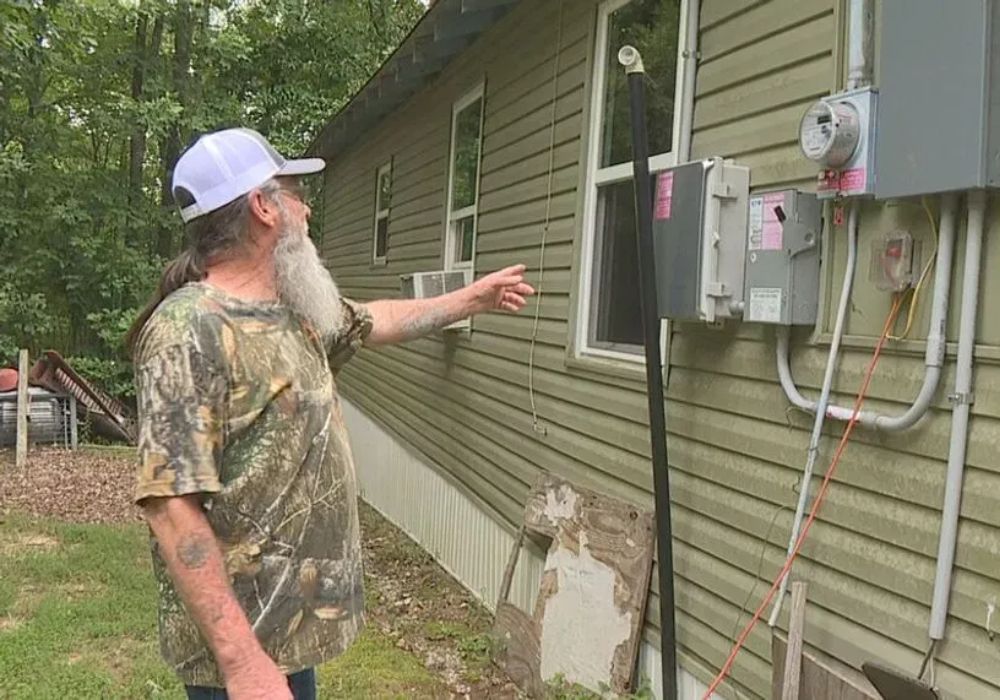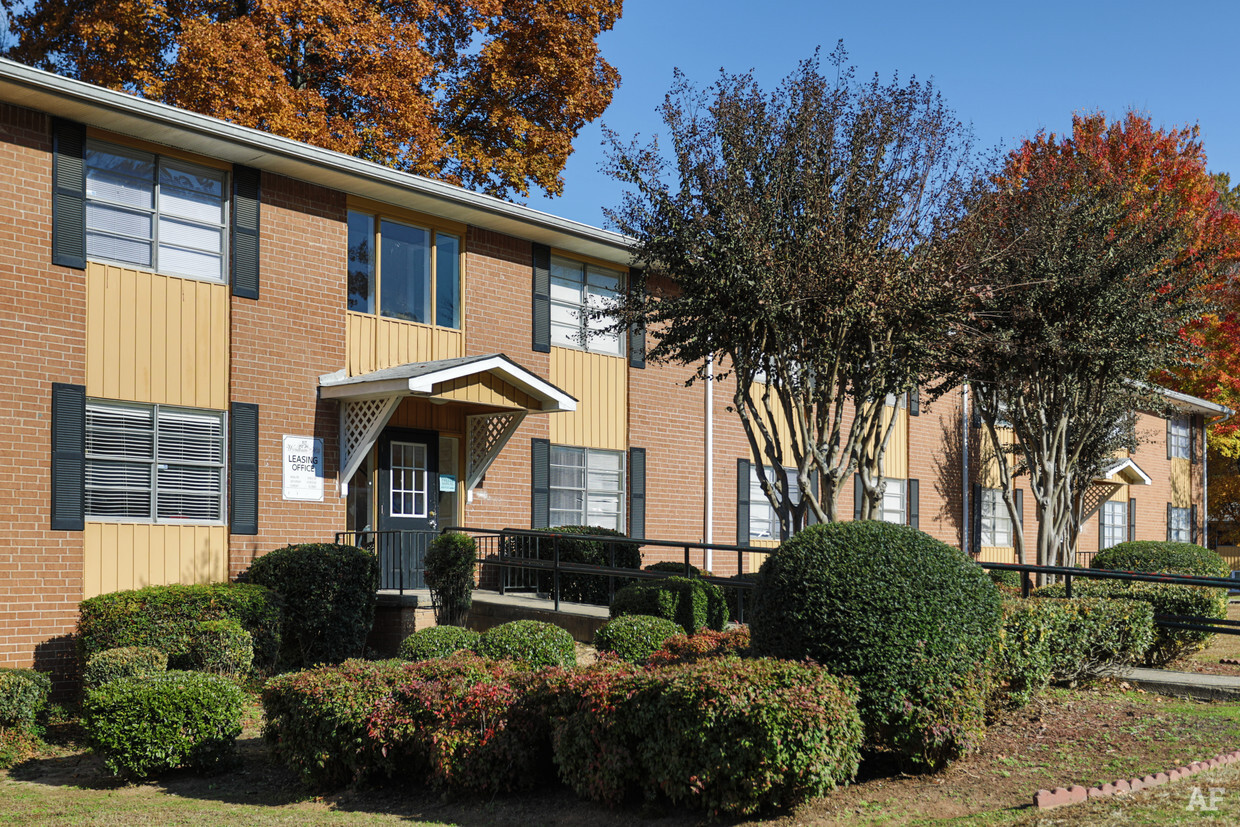Rental verification is a key part of the rental application process. It allows potential landlords to review a tenant's rental history and determine if they were a responsible tenant in the past. However, sometimes landlords may refuse to provide rental verification. As a tenant, it's important to know your rights and options in this situation. In this article, we will discuss what to do when a landlord refuses to verify rental history.
Why do landlords refuse to verify rental history?
Some reasons why a landlord may refuse to verify a tenant's rental history include potential legal liabilities, strained past relationships with the tenant, or simply not having time to complete the verification process. Landlords are typically under no legal obligation to provide rental history verification.
They may be concerned about legal issues stemming from what they say in a verification. A poor past relationship with a former tenant could also influence their decision not to verify. Other personal reasons like health issues or over commitment of other responsibilities might factor into their refusal.
What are a tenant's legal rights regarding rental verification?

Tenants do not have a clear legal right to compel a landlord to provide rental history verification in most jurisdictions. However, in some states and municipalities, tenants may have recourse under local housing discrimination or fair housing application laws.
Refusing verification without valid cause could potentially constitute illegal discrimination based on factors like race or family status. Tenants in these areas should consult their local ordinances and consider seeking legal counsel if they believe their application was unfairly denied due to lack of verification.
What alternatives can tenants pursue if the landlord refuses?
If a landlord refuses to verify rental history, tenants have some alternatives. They can provide other documentation like bank statements, rental payment records from platforms like PayPal or Venmo, or letters of recommendation from former landlords, neighbors, or community members.
Professional screening services also offer rental history reports for a fee. In some cases, securing a co-signer can alleviate the need for direct landlord verification. Explaining your situation openly and honestly to prospective landlords can also help mitigate any concerns from missing verification.
How should tenants handle possible delays in the verification process?
Tenants should understand that rental verification typically takes 1-2 weeks, though some landlords may take longer. If delays occur, tenants should communicate proactively with potential landlords to explain the situation. Having an awareness of typical timeframes helps set proper expectations and allows tenants to better plan rental application timelines.
Documenting efforts made to obtain verification can also help demonstrate due diligence if a landlord expresses concerns over delays.
What records should tenants keep if the landlord refuses to verify?
It's important for tenants to maintain meticulous records if a landlord refuses to verify rental history. Records like rent payment receipts, records of maintenance requests, and any correspondence with the landlord can be compiled as "self-verification." This comprehensive portfolio substantiates a tenant's history and reliability for prospective landlords.
Digital payment platforms also offer paperless records of on-time rent payments. Meticulous record-keeping not only serves to strengthen a tenant's case but may improve their position legally if disputes arise.
How should tenants cope emotionally with the stress of an unverified history?
The anxiety of an unverified rental history, coupled with typical moving stresses, can weigh heavily on tenants. Tenants should establish coping mechanisms and develop contingency plans to secure alternate housing. This provides emotional relief knowing backup options exist.
Tenant's should also try reframing their mindset to focus on aspects within their control rather than worrying excessively over uncontrollable external factors. Maintaining an optimistic attitude and seeking social support from loved ones can boost resilience during challenging periods.
How can tenants communicate effectively with new landlords about an unverified history?
When speaking with prospective new landlords, tenants must be truthful, informative yet concise regarding an unverified rental history. Explaining the situation factually, emphasizing efforts to verify and any alternatives provided builds credibility.
Tenants should focus discussions on positive attributes like their ability to pay on-time, good references from others and self-maintained records rather than dwelling on a lack of landlord cooperation. Maintaining an honest yet solution-oriented dialogue fosters understanding and improves chances of securing new housing despite absent formal verification.
Conclusion
Handling a landlord's refusal to verify rental history presents difficulties but tenants have viable options available to navigate this challenge. From exploring legal remedies to utilizing alternatives like documented payment records and cultivating productive communication, knowledge is power.
With thorough preparation and persistence, tenants can effectively manage an unverified history and secure suitable housing. Maintaining proper perspectives, support systems and continuing to demonstrate responsibility as a tenant also strengthens one's position over time.





